Resolution 71 clearly states: Digital technology and artificial intelligence are reshaping education on a global scale. This means that if not caught up in time, Vietnamese education will be left behind in the global knowledge competition. Digital transformation is not simply bringing computers and the internet into schools, but fundamentally changing the way of teaching, learning, managing and accessing knowledge.
Thanks to digital transformation, learning is no longer limited by space and time. Students in rural areas can access high-quality lectures from big cities at the same time; teachers in remote areas can participate in online training courses, updating the latest knowledge; parents can closely monitor their children's learning process through digital platforms. The COVID-19 pandemic once made online learning the only solution, and from there, it opened a new door for society to realize: digital technology is a powerful driving force to expand learning opportunities.
Not only that, digital transformation also allows for the construction of an open learning ecosystem, where everyone, of all ages, can learn for life. Online learning platforms, open resource repositories, and shared data systems are gradually becoming part of Vietnam's educational life. This is a clear manifestation of a digital learning culture - where knowledge is shared, created, and widely disseminated, beyond the traditional classroom framework.
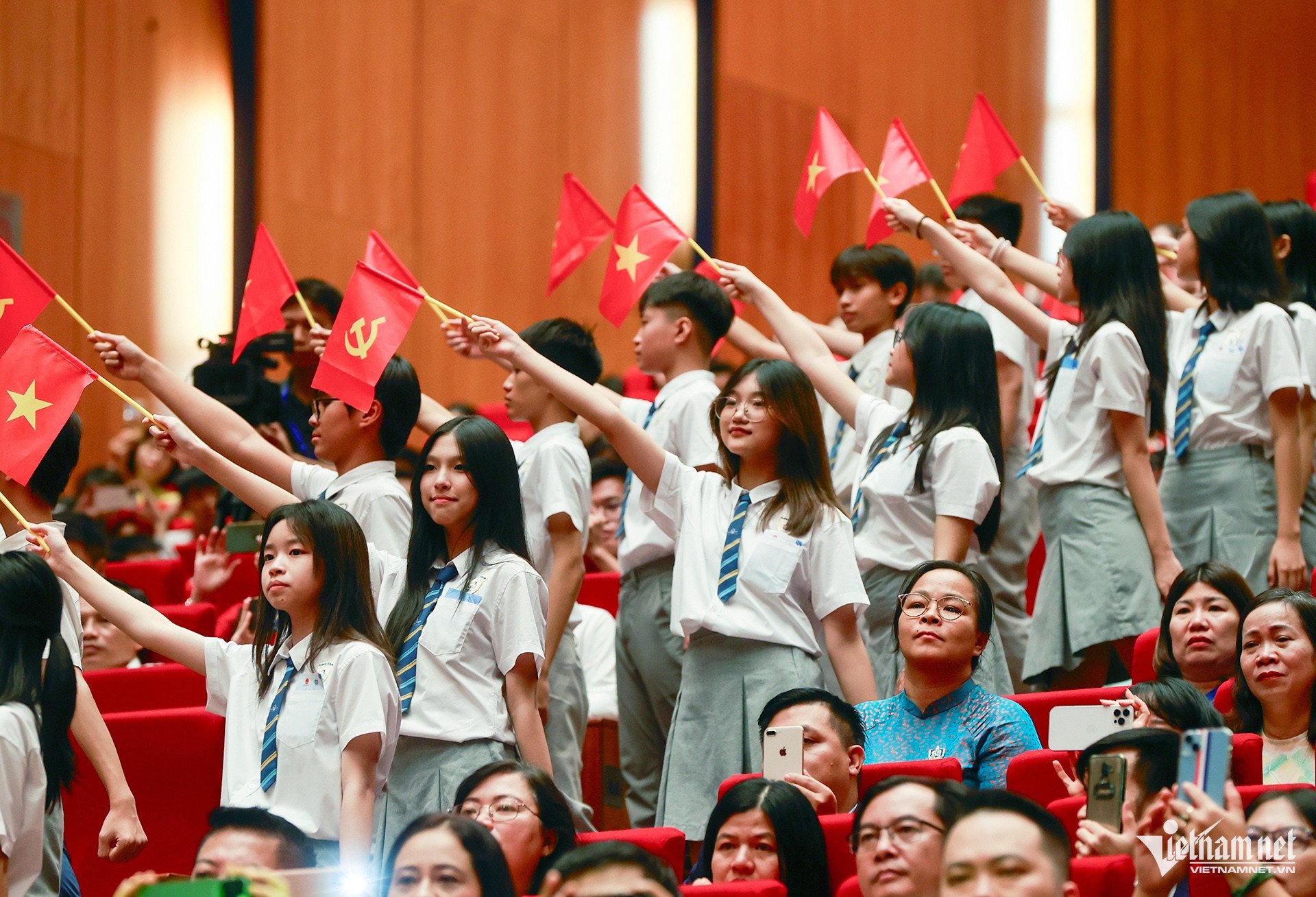
If in the past, learning was mainly associated with “learning to know”, then in the digital age, that goal is no longer enough. The amount of human knowledge has increased exponentially, with just a few clicks online, anyone can find answers to most everyday questions. The problem is no longer “having information or not”, but “knowing how to process information, how to create new values”. This shift requires the formation of a digital knowledge culture, where people not only passively absorb but also actively create.
Resolution 71 emphasizes the need to develop comprehensive competencies, including digital technology skills, artificial intelligence and foreign language skills, as an essential part of the general education program. This means that learning culture in the new era cannot be based solely on memorization, but must foster critical thinking, analytical skills, creativity and the application of knowledge to practice.
In connection with history, the 1943 Vietnamese Culture Outline emphasized the principle of “scientizing” cultural life, fighting against backwardness, superstition, and old-fashionedness. Today, that spirit is concretized by “digitalizing knowledge”: applying technology to bring science closer to life, turning learning into a natural part of community culture. In other words, “scientization” is now “digitalization” - making knowledge popular, accessible, and always up-to-date, thereby promoting creativity.
Reality in Vietnam in recent years shows that when students have access to a digital knowledge environment, their creativity has made breakthroughs. Many school startup competitions and scientific research projects of students have been implemented right from the classroom, and some products have even been commercialized and entered the market. This is not only the result of individual efforts, but also a manifestation of a creative culture that is forming - a culture that considers creativity a necessary quality of every young citizen.
Digital knowledge culture is therefore not just a matter of “changing means” in teaching and learning, but a profound transformation in the way of approaching knowledge and cultural values. When everyone knows how to learn to be creative, digital knowledge culture will become the driving force for Vietnam to break through, while strengthening its identity: A nation that knows how to inherit traditions but constantly renews itself in the flow of globalization. If digital knowledge opens the door to endless learning, innovation is the key to turning knowledge into development power.
Reality shows that a country can only grow strongly when its education system does not stop at imparting knowledge but also nurtures the spirit of creativity, encourages people to dare to think, dare to do, dare to fail to succeed. Resolution 71 has set out a clear requirement: Universities and colleges must become centers for research, innovation and entrepreneurship, closely linked to businesses and the market. This is not only an orientation for educational development, but also a way to create a national innovation ecosystem, in which the intelligence of the young generation is opened, nurtured and developed into practical values.
Over the years, there have been many vivid examples demonstrating this spirit. At some major universities, innovation centers have become “incubators” for dozens of student start-up projects. From smart agricultural applications, educational technology products, to artificial intelligence solutions to support life, many ideas have stepped out of the lab to find their way to the market. Vietnam has also established the National Innovation Center (NIC), a place where businesses, research institutes, and universities work together to open up a space for connecting knowledge and innovation.
However, along with opportunities come significant challenges. The digital gap between urban and rural areas remains a major problem: in many rural and mountainous areas, students lack equipment and internet, while in urban areas, students have easy access to global knowledge. Without strong support policies, digital knowledge culture is at risk of becoming a privilege rather than a common asset. Despite many efforts, the teaching staff still has a gap in digital skills, making the implementation of online teaching and learning and smart learning not as effective as expected.
The digital space also poses risks of deviation: Students have access to a huge amount of knowledge, but are also easily drawn into the flow of toxic information, fake news, and counter-cultural content. Without a foundation of personality and digital skills, the young generation can fall into a state of “excess information, lack of knowledge”, or be led by deviant trends.
Therefore, along with building a culture of digital knowledge, it is necessary to foster a culture of responsibility in cyberspace. Learners must know how to select information, use technology in a civilized, creative and useful way for the community. This is a requirement not only for students, but also for the education system and the whole society. When technology becomes a second living environment, the culture of behavior in digital space must be respected as much as the culture in real life.
Despite many difficulties, there are always opportunities in challenges. Vietnam has demonstrated its strong adaptability during the COVID-19 pandemic, when online teaching and learning was widely deployed, ensuring the right to education for tens of millions of students. From that lesson, we can believe that with the right policies and drastic actions, digital knowledge culture will not only stop at the educational level, but also become a pillar of modern Vietnamese culture.
In the big picture, Resolution 71 has outlined a strategic vision: to build an open, fair, modern learning society, where all citizens have the opportunity to learn for life, and digital knowledge becomes the common property of the community. This is not only an educational orientation, but also an important step to revive national culture from the roots - to build a generation of Vietnamese citizens who are both knowledgeable, have strong personalities, and are rich in the spirit of integration. When education is linked to culture, when digital knowledge is linked to creativity, we have the basis to believe in an advanced Vietnam, imbued with national identity, capable of rising up in the new era.
Source: https://vietnamnet.vn/nghi-quyet-71-va-van-hoa-tri-thuc-so-mo-khong-gian-hoc-tap-khoi-nguon-sang-tao-2441469.html



![[Photo] General Secretary To Lam attends the 80th Anniversary of the General Department of Defense Industry](https://vphoto.vietnam.vn/thumb/1200x675/vietnam/resource/IMAGE/2025/9/15/fb8fd98417bb4ec5962de4f7fbfe0f6a)



![[Photo] President Luong Cuong attends the opening ceremony of the new school year at the National Defense Academy](https://vphoto.vietnam.vn/thumb/1200x675/vietnam/resource/IMAGE/2025/9/15/c65f03c8c2984e60bd84e6e01affa8a0)



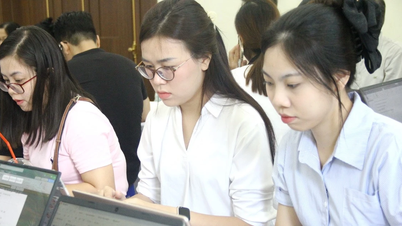





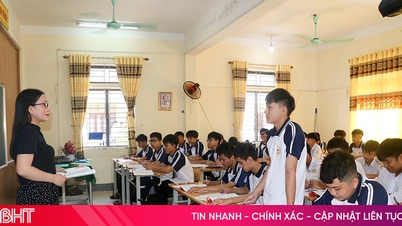

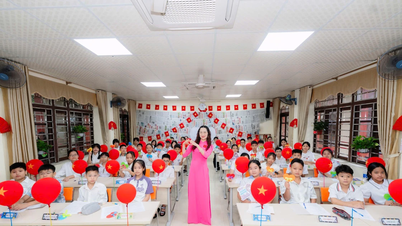






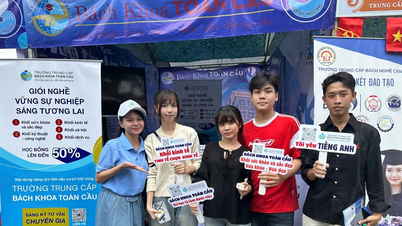









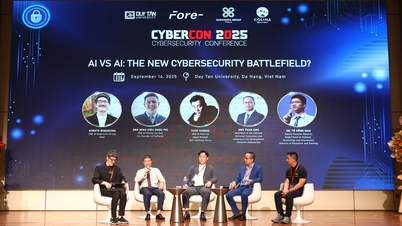



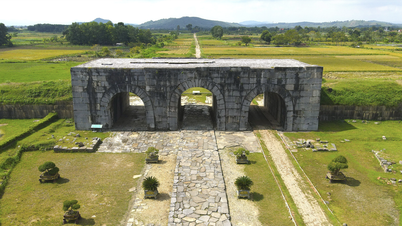

























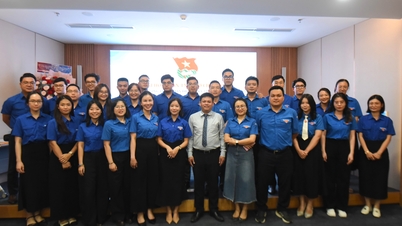
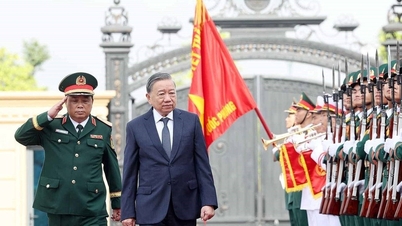






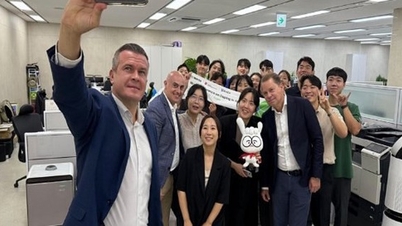











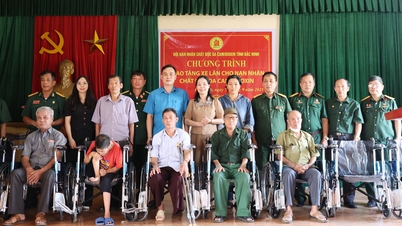























Comment (0)